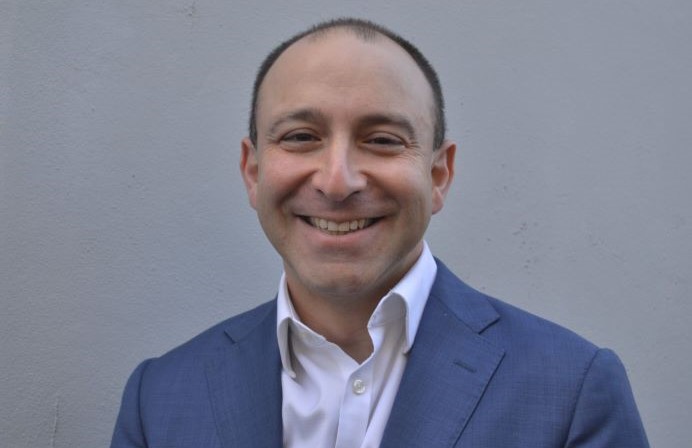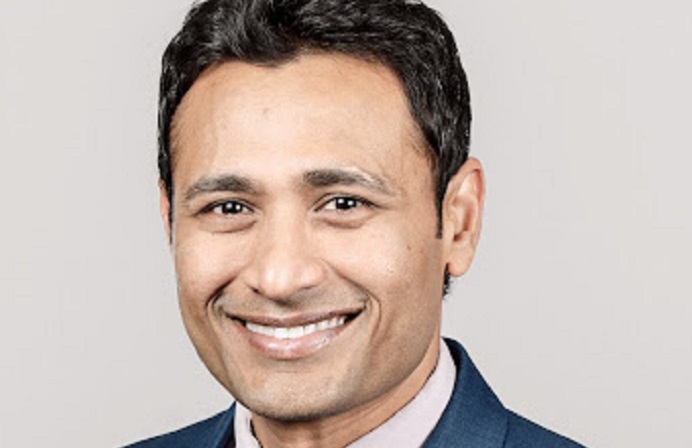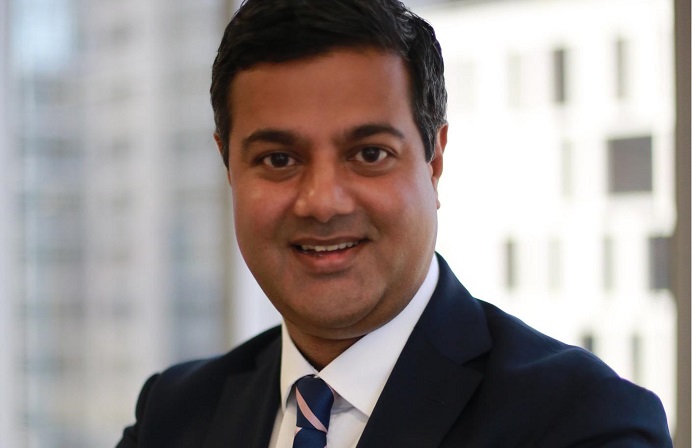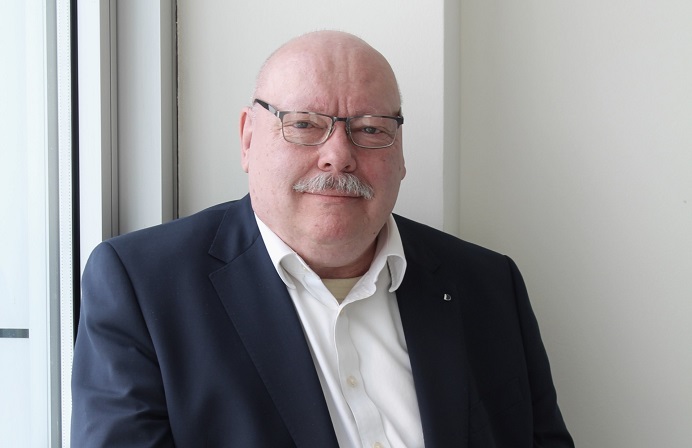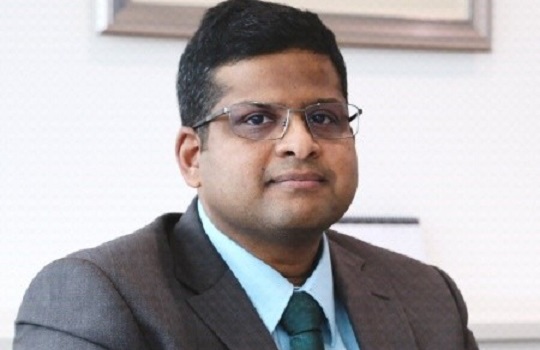
“Indonesians are among the most rapid adopters of technology and innovation in the world, and I expect that they will view insurance favourably if insurers or insurtechs can deliver simple solutions at the right time, right place, and at the right price.”
Kumar Guru will be a featured keynote speaker at the 2018 Financial Services Summit, Jakarta on the 1 November, 2018. Spots are limited – register now to secure your place!
———-
FST Media: What does ‘innovation’ mean in the world of FSI?
Guru: Innovation starts and ends with bringing a relevant benefit to the customer, be it speed, convenience, simplicity, usage, or other such factors. Innovation just for the sake of innovation will not be sustainable unless coupled with a real tangible customer benefit.
FST Media: What challenges have Indonesian insurers faced in delivering services via mobile technologies?
Guru: Firstly, we must understand that insurance is a very complex product and service in the mind of customers – unlike buying goods and daily utility services on e-commerce using mobile. The challenge is three-fold: a) getting customers to understand; b) getting customers to use; and, finally, c) getting customers to appreciate the value of the service.
Usually, insurance claims account for between one and five per cent of the entire customer base. As such, the challenge is to make insurance products and services accessible and usable to the remaining 95 per cent of customers.
Another level of challenge is marrying today’s new digital technology ecosystems with yesterday’s ancient and archaic core admin systems. Furthermore, regulators and regulations inhibit insurers from operating like modern age e-commerce players.
FST Media: How are AXA Indonesia’s technology choices enabling better customer engagement? Where do you feel there’s room for improvement?
Guru: AXA’s ambition is to empower customers by transforming ourselves from a ‘payer’ to an ‘encouraging partner’. To be honest, we face some challenges on the technology front, but we are innovating in certain areas to leverage technology to achieve our goals in the digital age.
Already, in the span of a few short years, we are growing our digital business by strong double-digit growth using the platform economy and the digital ecosystem to promote our products and services in the online space.
There’s a lot of room for improvement – for instance through the adoption of cloud and sandbox models for product and services development and building APIs rapidly to connect with external partners and providers, which will define the space into the future.
FST Media: How is AXA Indonesia responding to the challenges of digital disruption and increasing prominance of insurtech in the Indonesian market?
Guru: Certainly, there will be – and already is – a lot of disruption in the insurance space, especially in the areas of UBI (Usage-based insurance), such as ride sharing and transactional insurance (purchase protection, travel, flight delay, event cancellation etc). For now, the total value of these ‘new age insurance’ options is still low; though in transactional terms, they are expected to grow considerably.
While the traditional industry is yet to be threatened by the insurtech disruption, I believe there is a lot of space for both to exist, as insurance penetration in the Indonesian market is still small. Healthy competition, along with collaboration, will be the path ahead for the insurtech and insurance industries over the coming years.
FST Media: Moving forward, how adaptable will Indonesians be to new developments in digital insurance?
Guru: Indonesians are among the most rapid adopters of technology and innovation in the world, and I expect that they will view insurance favourably if insurers or insurtechs can deliver simple solutions at the right time, right place, and at the right price. Adoption of ‘new age’ insurance products is expected to be higher than traditional insurance products.
FST Media: What technology is proving to be the biggest game-changer for life insurance?
Guru: So far, the biggest game-changer has been online brokers and aggregators, which have brought together the demand and supply chain in a cost-effective manner.
The biggest successes (in terms of premium size) have been in the space where online brokers bring together the insurance seekers and insurance suppliers, often focusing on simple products.
Another space likely to make an impact is insurance embedded in e-commerce/marketplace transactions (travel, shopping etc.) or ‘digital ecosystems’ like Gojek or Tokopedia.
FST Media: Where do you predict Indonesia’s insurance industry will be in five years’ time?
Guru: It’s difficult to predict this, as five years ago I believed that the industry would grow rapidly in Indonesia given its low penetration and awareness levels; however, this has not happened in the past five years.
There certainly would be a rise in the number of transactions due to the increase of digital transactions; however, whether this will result in increased insurance market premiums will remain to be seen. I think we will see innovation happening on many fronts and awareness amongst customers to own insurance will grow rapidly.
FST Media: Why are events such as Financial Services Summit Jakarta 2018 important for the industry?
Guru: It’s important for the industry to get together in these forums to network. As I’ve said before, collaboration is emerging as a new mantra in this new age; healthy collaboration between banking, insurance, fintech, and insurtech sectors is necessary for reaching the inclusion targets of under-penetrated and under-served markets like Indonesia.
There is a lot of opportunity for existing and new players to participate in innovation. However, given the need for efficiencies and scarce resources (capital and people), collaboration may be a better mantra than competition for the future.
FST Media: And finally, on a personal note, what do you do to ensure a healthy work/life balance?
Guru: I enjoy what I do at work, and I don’t necessarily do things that are only within my ‘KPI box’. The best learnings and enjoyment at work sometimes come from doing things outside of one’s area of expertise, working with the experts or the junior members of the team.
Focusing on having productive mornings help me to go home on time and to spend it with my family. Besides this, I frequently try the art of ‘thinking lazy’, which helps me accomplish a lot with the least effort. Restricting work to weekdays, plus taking regular short vacations, always helps to boost energy and keep me motivated.
———-
Kumar Guru will be a featured keynote speaker at the 2018 Financial Services Summit, Jakarta on the 1 November, 2018. Register now to secure your place!

